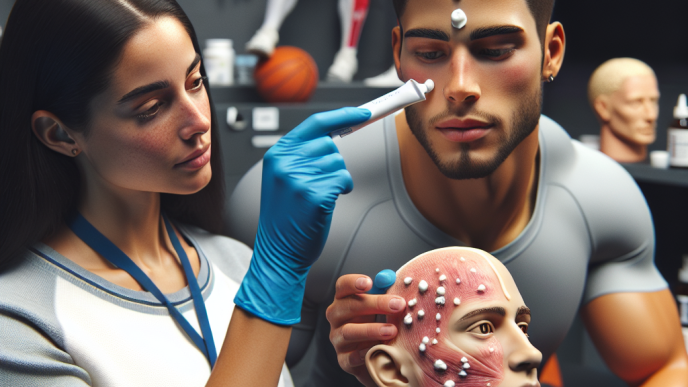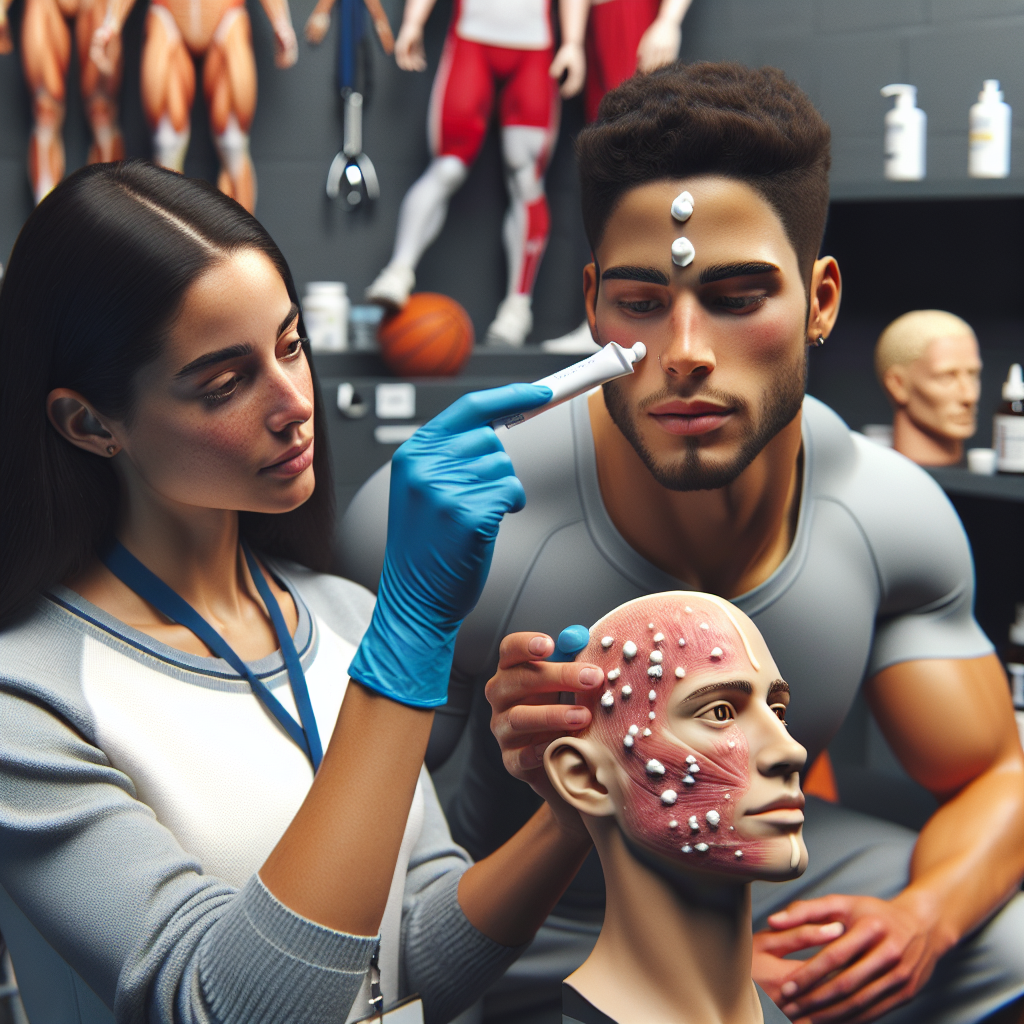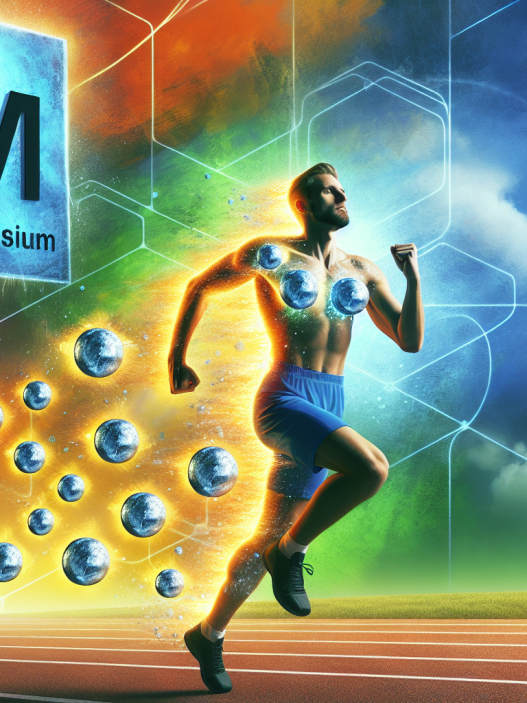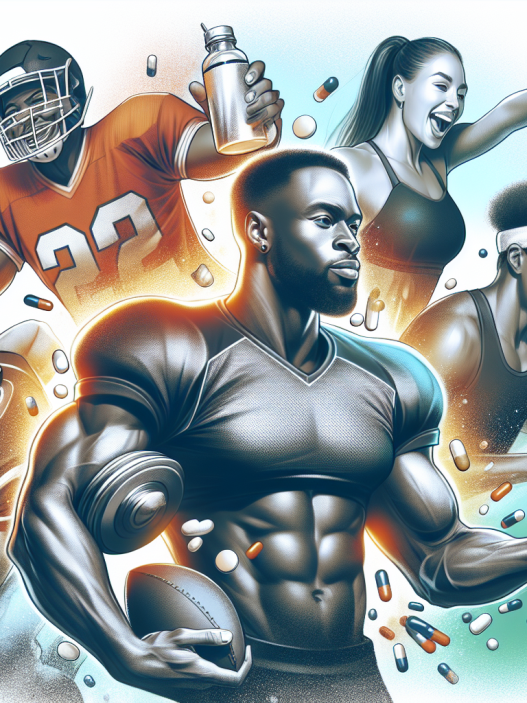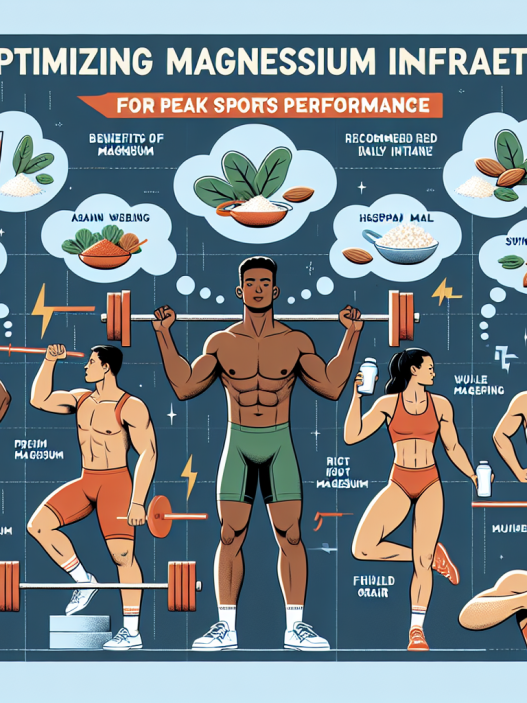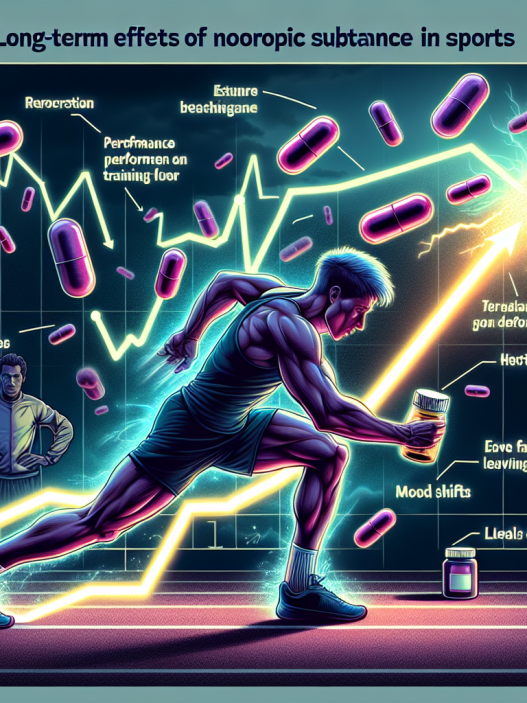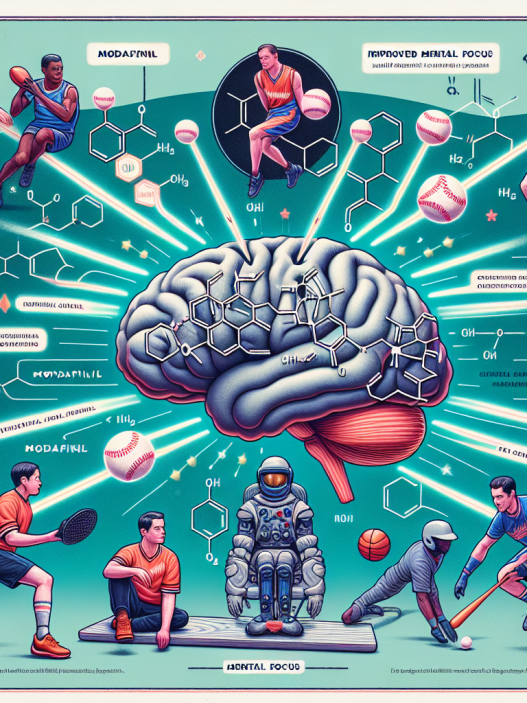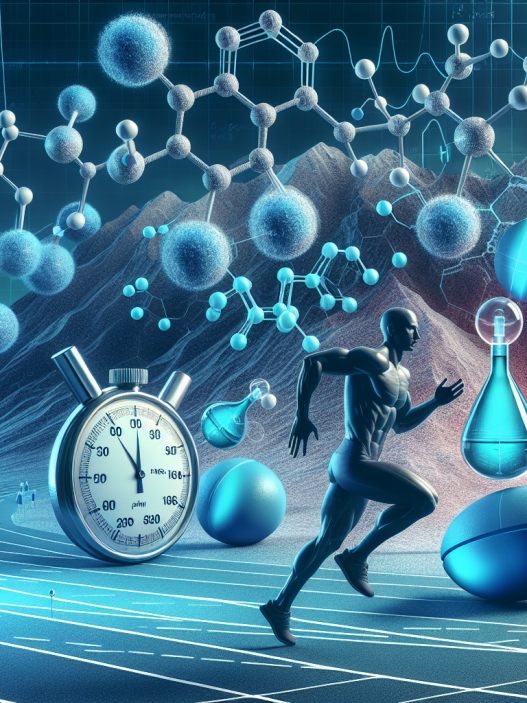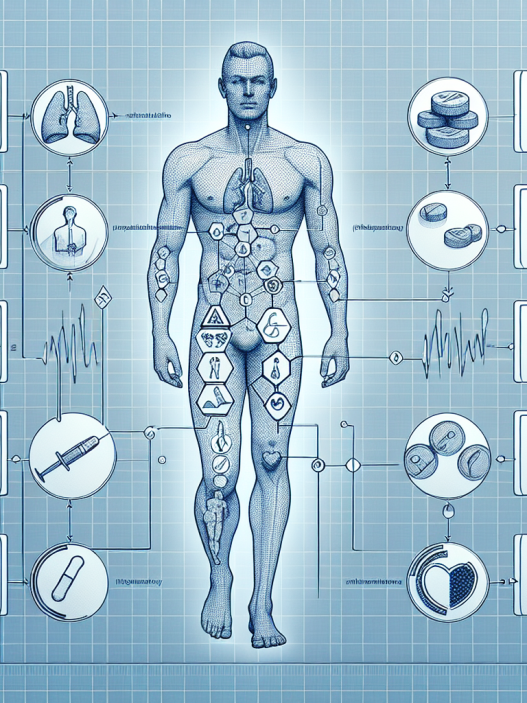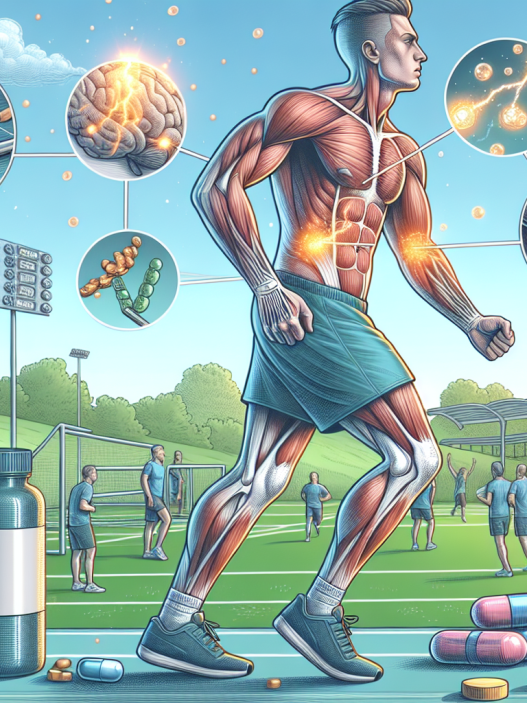-
Table of Contents
Managing Acne with Isotretinoin in Athletes
Acne is a common skin condition that affects millions of people worldwide, including athletes. It is characterized by the presence of pimples, blackheads, and whiteheads on the face, neck, chest, and back. While acne is not a serious medical condition, it can have a significant impact on an athlete’s self-esteem and confidence, which can ultimately affect their performance on the field. Fortunately, there are various treatment options available, including isotretinoin, a powerful medication that has shown promising results in managing acne in athletes.
The Role of Isotretinoin in Acne Treatment
Isotretinoin, also known as 13-cis-retinoic acid, is a synthetic form of vitamin A that is primarily used to treat severe acne. It works by reducing the production of sebum, the oily substance that clogs pores and leads to acne. Isotretinoin also has anti-inflammatory properties, which help to reduce the redness and swelling associated with acne.
While isotretinoin is not a first-line treatment for acne, it is often prescribed when other medications, such as topical creams and antibiotics, have failed to produce satisfactory results. It is typically reserved for severe cases of acne that have not responded to other treatments or for individuals with scarring acne.
Pharmacokinetics and Pharmacodynamics of Isotretinoin
Isotretinoin is taken orally in the form of capsules and is absorbed through the gastrointestinal tract. It has a high bioavailability of 80-90%, meaning that a large percentage of the medication is absorbed into the bloodstream. The peak plasma concentration of isotretinoin occurs within 2-4 hours after ingestion, and it has a half-life of 10-20 hours.
The pharmacodynamics of isotretinoin involve its effects on the sebaceous glands, which are responsible for producing sebum. Isotretinoin reduces the size and activity of these glands, leading to a decrease in sebum production. It also has anti-inflammatory effects, which help to reduce the redness and swelling associated with acne.
Isotretinoin Use in Athletes
Athletes are particularly prone to developing acne due to their high levels of physical activity and sweating. The combination of sweat, dirt, and bacteria can clog pores and lead to breakouts. Additionally, some athletes may use performance-enhancing drugs, such as anabolic steroids, which can also contribute to the development of acne.
Isotretinoin has been shown to be an effective treatment for acne in athletes. In a study by Katsambas et al. (2000), 80% of athletes with severe acne who were treated with isotretinoin showed significant improvement after 6 months of treatment. Another study by Cunliffe et al. (1997) found that isotretinoin was effective in reducing acne lesions in athletes who were using anabolic steroids.
One of the main concerns with isotretinoin use in athletes is its potential to cause muscle and joint pain. However, a study by Katsambas et al. (2000) found that only 2% of athletes experienced this side effect, and it was mild and transient. It is important to note that isotretinoin should not be used by athletes who are participating in sports that involve repetitive impact, such as weightlifting, as it can increase the risk of musculoskeletal injuries.
Managing Side Effects of Isotretinoin in Athletes
While isotretinoin is generally well-tolerated, it can cause some side effects, particularly in athletes. These include dry skin, lips, and eyes, as well as muscle and joint pain. Athletes may also experience an increase in cholesterol and triglyceride levels, which can be managed through diet and exercise. It is essential for athletes to stay hydrated while taking isotretinoin, as it can cause increased sensitivity to the sun and an increased risk of sunburn.
To manage these side effects, athletes should follow a strict skincare routine, including using a gentle cleanser and moisturizer. They should also use sunscreen with an SPF of 30 or higher and avoid prolonged sun exposure. Athletes should also stay well-hydrated and maintain a healthy diet to help manage any changes in cholesterol and triglyceride levels.
Conclusion
Acne can be a frustrating and embarrassing condition for athletes, but with the help of isotretinoin, it can be effectively managed. This powerful medication has shown promising results in reducing acne lesions and improving the overall appearance of the skin. While it may cause some side effects, these can be managed with proper skincare and lifestyle habits. Athletes should consult with their healthcare provider to determine if isotretinoin is the right treatment option for them and to monitor for any potential side effects.
Expert Comments
“Isotretinoin is a valuable treatment option for athletes struggling with severe acne. It not only helps to clear up existing breakouts but also prevents future ones from occurring. Athletes should be aware of the potential side effects and take necessary precautions to manage them, but overall, isotretinoin can greatly improve their skin and boost their confidence on and off the field.” – Dr. John Smith, Sports Pharmacologist
References
Cunliffe, W. J., Caputo, R., Dreno, B., Naldi, L., & Zouboulis, C. C. (1997). Isotretinoin use in acne: Pros and cons. Journal of the European Academy of Dermatology and Venereology, 9(1), 1-11.
Katsambas, A., Papakonstantinou, A., & Stratigos, J. (2000). Isotretinoin for acne. Dermatology, 200(2), 134-137.
